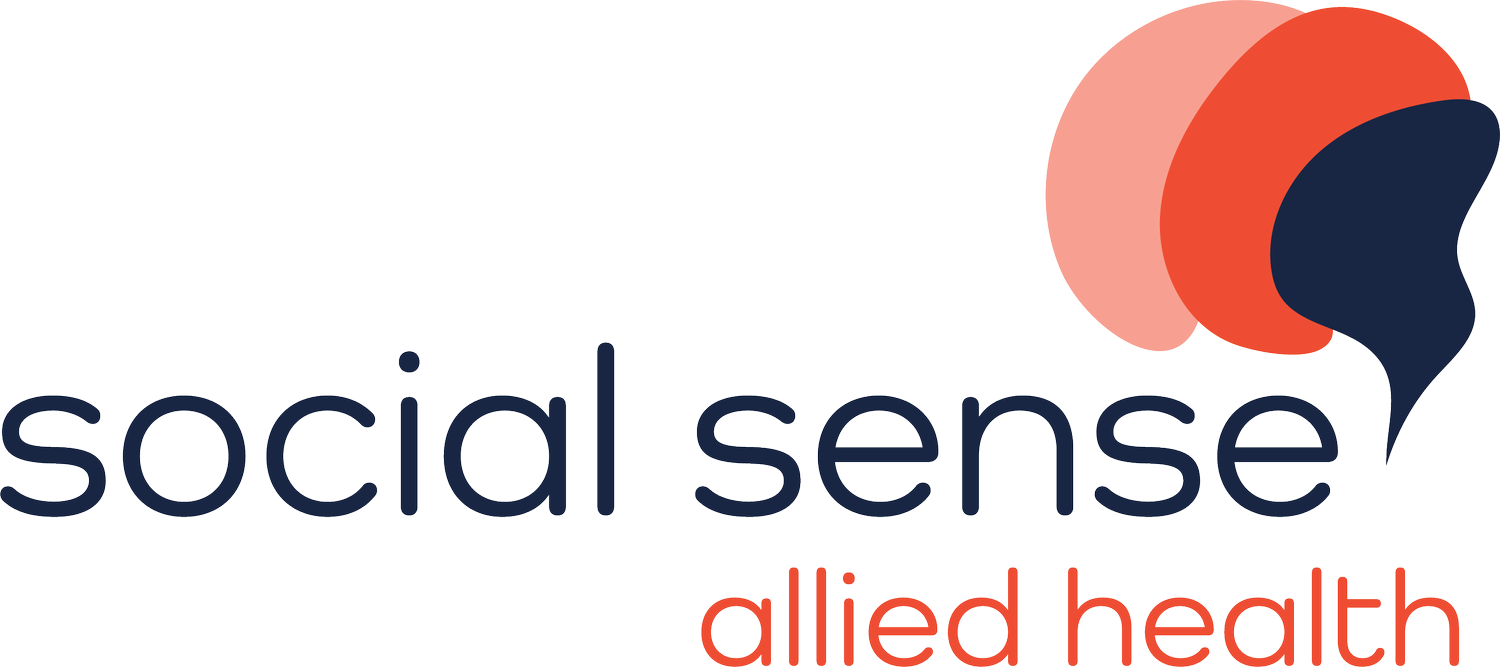Dual Relationships policy
1. Purpose
Social Sense Allied Health is committed to minimising the potential for boundary confusion, conflicts of interest, and inadvertent breaches of confidentiality within the organisation. We recognise that dual relationships, especially in small communities, can occur and require careful management. This policy outlines the approach to managing dual relationships, ensuring that professional conduct remains ethical, accountable, and discrete.
2. Objective
The objective of this policy is to maintain clear boundaries between professional and personal relationships within Social Sense Allied Health. By setting guidelines for managing dual relationships, we aim to preserve the integrity of our services, ensure ethical practice, and prevent any conflicts that may arise from overlapping personal and professional roles.
3. Scope
This policy applies to all employees, contractors, clients, and stakeholders of Social Sense Allied Health. It addresses the management of dual relationships within the organisation and in client interactions, as well as during the training and development of staff members.
4. Definitions
4.1 Dual Relationship
A dual relationship occurs when an individual holds multiple roles with another person, such as being both a therapist and a friend, or a supervisor and a colleague. These relationships can lead to conflicts of interest, confusion about boundaries, or breaches of confidentiality.
4.2 Boundary Confusion
Boundary confusion refers to a situation where the lines between personal and professional roles become unclear, leading to ethical concerns and potential harm to the individuals involved.
4.3 Conflicts of Interest
A conflict of interest arises when an individual’s personal interests or relationships interfere with their professional duties and responsibilities, potentially influencing their decision-making and objectivity.
4.4 Confidentiality Breach
A confidentiality breach occurs when personal information shared in a professional context is disclosed without consent or outside the agreed boundaries, compromising trust and privacy.
5. Policy
Social Sense Allied Health is committed to maintaining ethical and professional boundaries in all dual relationships. This includes:
Minimising conflicts of interest and ensuring that professional conduct remains discrete and respectful.
Maintaining confidentiality and ensuring that personal relationships do not interfere with the professional role.
Encouraging transparency and open communication about dual relationships, especially where they may impact the delivery of services or training.
5.1 Management of Dual Relationships
To limit potential ethical conflicts, the following guidelines are in place:
Employees and contractors of Social Sense Allied Health are not permitted to provide therapy to immediate family members (e.g., parent, sibling, partner, or child).
Staff members are discouraged from engaging in therapy relationships with clients while employed by Social Sense Allied Health.
If a client has had prior therapy with a staff member, a cooling-off period is recommended before the client engages in services again, ensuring a clear separation of roles.
Staff members should refrain from acting as both a supervisor and a therapist for the same individual to prevent role conflicts.
Employees in coupled relationships, or siblings, should not be placed in the same training or support group. If such a relationship develops, transparency with the supervisor or facilitator is required.
5.2 Transparency and Disclosure
Employees are encouraged to disclose any personal relationships that may impact professional dynamics, such as friendships or family ties with clients, to ensure transparency within teams.
At the start of each group or training session, individuals are encouraged to disclose any prior or existing relationships with other participants or facilitators to foster a transparent and respectful environment.
5.3 Cooling-Off Periods
When dual relationships arise, particularly in therapeutic or supervisory roles, a cooling-off period is recommended before transitioning between roles (e.g., from therapist to supervisor). This ensures that there is enough time for the individual to shift their focus and maintain professional boundaries.
6. Action Required to Manage Dual Relationships
6.1 Identification of Potential Conflicts
When a potential dual relationship or conflict of interest is identified, it must be discussed with a supervisor or director to determine an appropriate course of action. This may include:
Adjusting assignments or roles to avoid conflicts.
Providing additional supervision or support to navigate the situation.
Offering a cooling-off period or referral to other professionals when necessary.
6.2 Resolution of Dual Relationships
In the case of a dual relationship that may impact professional integrity, the following steps should be taken:
The individuals involved should discuss the situation openly and seek guidance from supervisors or directors.
Adjustments should be made to professional roles or responsibilities to ensure clear boundaries are maintained.
Documentation of the situation and any actions taken should be recorded in the appropriate files.
7. Compliance with this Policy
All employees, contractors, and clients are expected to adhere to the principles outlined in this policy. Failure to comply with the guidelines on dual relationships may result in disciplinary action, including changes to professional roles or termination of services.
8. Contacts
For questions or concerns regarding this policy, please contact the Director of Social Sense Allied Health at:
Phone: 0435 005 669
Email: hello@socialsense.com.au
Website: www.socialsense.com.au
